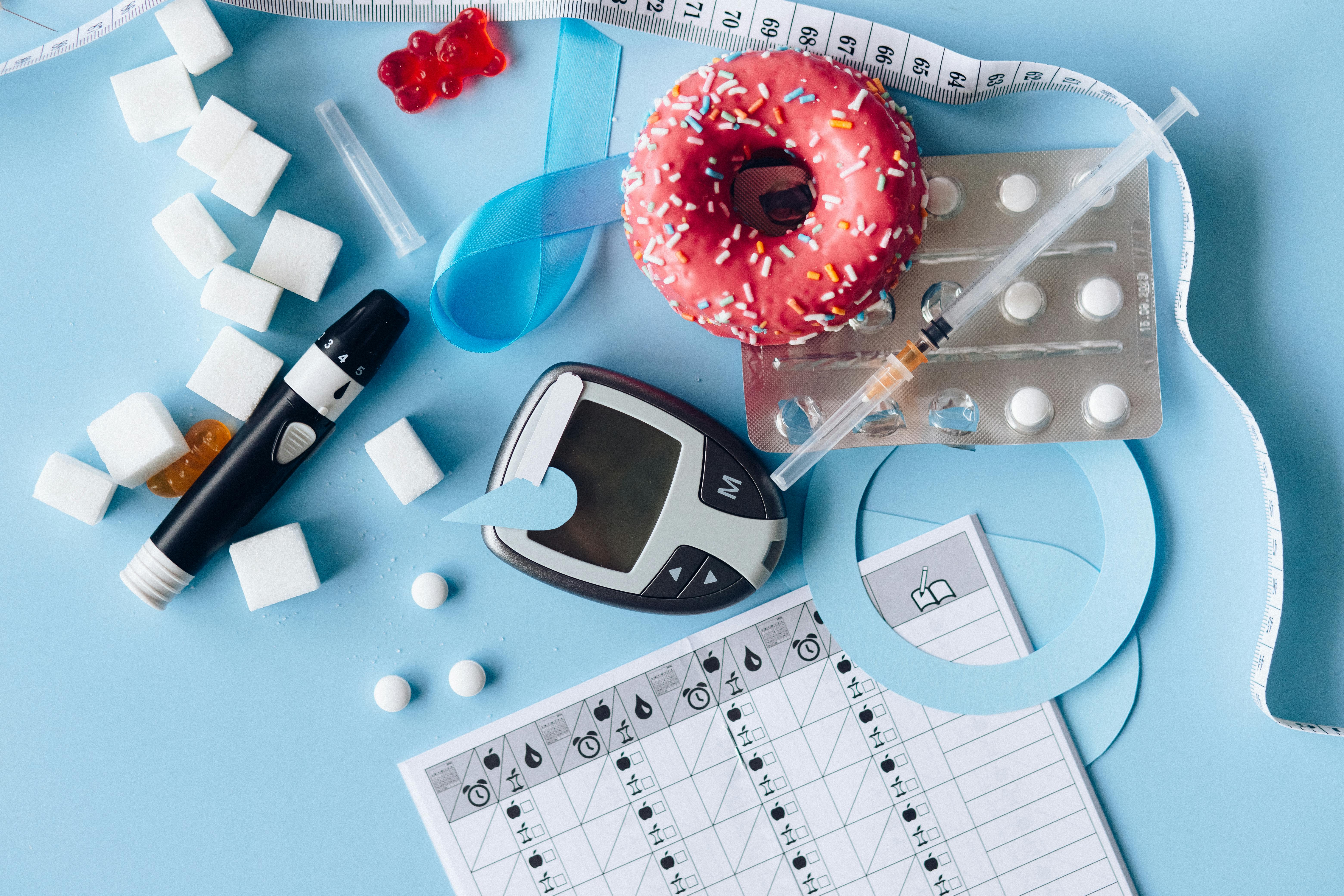
Effective Ways to Transform Your Life with a 30-Day Plant-Based Diet Plan in 2025
The quest for healthier living has never been more accessible, and a plant-based diet is at the forefront of this revolution. In 2025, individuals seeking improved health, reduced environmental impact, and ethical eating choices are increasingly turning toward plant-based nutrition. A 30-day plant-based diet plan can not only help you achieve your health goals but also simplify your meal planning and transform your cooking habits. This guide focuses on how to integrate plant-based foods into your daily meals, emphasizing the variety and flexibility that a vegan meal plan allows.
Embracing whole foods such as fruits, vegetables, legumes, nuts, and seeds can enhance your well-being significantly. You'll discover the benefits of high fiber, nutritious meals that provide essential vitamins and minerals while also exploring meat alternatives and healthy fats. This plan will guide you through effective meal preparation methods, including batch cooking and quick meal ideas that fit into various dietary preferences. By the end of this article, you will have an extensive list of plant-based recipes and insights on mindful eating practices to help you thrive on this journey.
Let's dive into the transformative power of a 30-day plant-based diet plan and how it can positively affect your body and mind.
Understanding the Basics of a Plant-Based Diet
Building a foundation of knowledge about plant-based nutrition is essential before embarking on your 30-day journey. Understanding what constitutes a plant-based diet involves recognizing the importance of incorporating a variety of fiber-rich foods and healthy fats into your meals. A diet rich in fruits and vegetables allows you to enjoy a wide range of flavors while maximizing nutrient intake, which is critical for overall health.
Key Components of a Plant-Based Diet
A well-rounded plant-based diet focuses on whole foods, which are minimally processed and packed with nutrients. These foods include:
- Fruits and Vegetables: This is the cornerstone of any plant-based meal plan. Aim for a colorful mix to ensure a variety of nutrients.
- Legumes: Beans, lentils, and peas are fantastic sources of plant proteins that also provide essential fiber and iron.
- Whole Grains: Incorporating grains like quinoa, brown rice, and oats can boost energy levels and support digestion.
- Nuts and Seeds: These are important for healthy fats and protein; they also add texture and flavor to your meals.
These elements combined create a delicious and diverse meal plan that supports your health goals while providing a sustainable eating choice. Additionally, exploring various cooking methods can help you enjoy plant-based meals without sacrificing flavor.
The Health Benefits of Plant-Based Eating
The transition to a plant-based diet can bring about numerous health benefits. Studies have shown that individuals who adopt a diet rich in fruits, vegetables, and plant proteins experience improvements in energy levels, weight management, and overall well-being. Here are some notable advantages:
- Heart Health: A plant-rich diet can lower cholesterol and blood pressure, reducing the risk of heart disease.
- Weight Control: Increased fiber intake from whole foods can help in managing hunger and maintaining a healthy weight.
- Enhanced Digestion: The fiber found in plant foods promotes healthy digestion and regular bowel movements.
Emphasizing a diverse array of foods within your diet maximizes the nutrient profile and can also lead to improved energy and mood stability. Consequently, understanding the nutritional values of your meals becomes crucial for achieving a balanced lifestyle.
Practical Tips for Meal Preparation
Meal prep is the backbone of any successful dietary change. Utilizing efficient cooking techniques can simplify your daily routine significantly. Below are some practical tips to consider:
- Create a Weekly Meal Schedule: Designate specific days for preparing meals, and plan out breakfast ideas, lunch options, and dinner recipes in advance.
- Batch Cooking: Cook large quantities of meals that can be easily stored for later use. Dishes like soups and casseroles are perfect for this.
- Invest in Kitchen Essentials: Equip your kitchen with quality utensils and storage containers to ensure a smooth cooking experience.
Effective meal prep will ensure that you remain committed to your plant-based diet while allowing for flexibility in your meal structure.
Planning Your 30-Day Plant-Based Meal Plan
With the basics and benefits of a plant-based diet established, it’s time to create a structured 30-day meal plan. This plan will guide you through the week with diverse menu options while adhering to the principles of healthy eating.
Shopping List and Kitchen Essentials
A powerful starting point for your 30-day journey is preparing a shopping list filled with pantry staples and fresh produce. Include items such as:
- Legumes (beans, lentils)
- Whole grains (quinoa, brown rice)
- Nuts and seeds (almonds, chia seeds)
- Fruits and vegetables (seasonal selections)
- Healthy cooking oils (olive oil, coconut oil)
Preparing a shopping list ensures you have all necessary ingredients at your fingertips. This also includes basic kitchen equipment that can streamline your cooking processes, such as food processors, blenders for smoothies, and high-quality knives.
Weekly Meal Prep Ideas
For maximum efficiency, allocate one day a week to prepare components of your meals in advance. For example, you can:
- Prepare large batches of grains and legumes that can be used throughout the week.
- Chop and store vegetables in airtight containers for easy access.
- Create smoothie packs with fruits and greens, pre-portioned and frozen.
Moreover, keeping a balance between healthy indulgences and practical cooking methods is key to sustaining your dietary transformation. Look for ways to mix flavors and textures in your meals, ensuring variety.
Incorporating Mindful Eating Techniques
As you embark on your meal plan, incorporating mindful eating principles plays a critical role in your success. Mindfulness in eating encourages awareness of your meal timing, portion sizes, and the flavors you experience. Here are suggestions to enhance your mindful eating practice:
- Focus on Your Meal: Minimize distractions during meals; this includes turning off the TV and putting away your mobile devices.
- Chew Slowly: Take your time to savor each bite, which not only enhances enjoyment but also improves digestion.
- Listen to Your Body: Be aware of hunger and fullness cues, adjusting portion control accordingly.
Exploring Plant-Based Recipes
To make your transition even easier, a diverse array of plant-based recipes can keep your meals exciting and enjoyable. From scrumptious breakfasts to satisfying dinners, here are some recipe inspirations worth trying.
Breakfast Ideas and Smoothie Recipes
Starting your day with nutrient-dense meals provides ample energy for the day ahead. Here are a few breakfast ideas:
- Overnight Oats: Combine oats, nut milk, and various fruits for an effortless breakfast that can be made in advance.
- Vegan Breakfast Burrito: Fill a whole grain tortilla with beans, avocado, and sautéed veggies for a delightful morning meal.
- Green Smoothies: Blend spinach or kale with banana, a nut butter, and almond milk for an energy-boosting drink.
Lunch Options and Dinner Recipes
For lunch, consider making quick meals that can be prepared in bulk. Here are a few favorites:
- Sushi Rolls: Use sushi rice, nori, and an assortment of vegetables for a light, healthy lunch.
- Chickpea Salad: Mix chickpeas, diced veggies, and a tangy dressing for a protein-packed meal.
- Vegetable Stir-Fry: Quick stir-fries with a mix of your favorite seasonal veggies and tofu or tempeh make for a flavorful dinner.
Healthy Snacks and Dessert Ideas
As you plan your snacks, prepare a few options that are easy and nutritious. Consider these snacks:
- Energy Balls: Make snack balls with oats, nut butter, and a mix of seeds for a quick energy boost.
- Vegetable Hummus Dip: Pair cut veggies with hummus for a nutritious, crunchy snack.
- Fruit Parfaits: Layer yogurts with fruits and nuts for a delightful dessert.
Staying on Track with Your Plant-Based Diet
While engaging in a 30-day challenge, it is essential to stay on track and monitor your progress. Here are some strategies to help you succeed:
Nutritional Tracking and Meal Customization
Utilize nutrition apps to track your meals and ensure you're consuming a variety of nutrients. Focus on:
- Caloric intake and macronutrient ratios, adjusting your meals as needed for optimal energy levels.
- Meal substitutions that cater to personal preferences without compromising nutrition.
- Creating custom meal plans that allow for flexibility while retaining the essence of plant-based eating.
Building a Supportive Community
Connecting with like-minded individuals can greatly enhance your plant-based journey. Engage with online communities, local cooking workshops, or even family and friends to share experiences and recipes. This support system can empower you to stay motivated and inspired.
The Importance of Hydration and Portion Control
Hydration should never be overlooked; ensure that you drink plenty of water throughout the day to support bodily functions, digestion, and overall health. Additionally, practicing portion control is essential to ensure balanced meals without overeating. Pay attention to serving sizes and remember that moderation is key to successful healthy eating.
Final Thoughts on Your Plant-Based Journey
As you conclude your 30-day plant-based diet plan, reflect on the journey and the accomplishments made along the way. From exploring diverse plant proteins to mastering new culinary techniques, every step taken contributes to your well-being and health goals. These effective and enjoyable changes in your dietary habits can transform not just your health, but also your relationship with food.
Transitioning to a plant-based diet maybe a journey worth pursuing for its multitude of benefits. With the right mindset, meal planning, and resources, your experience will be fulfilling, educational, and ultimately transformative.
 example.com/image2.png
example.com/image2.png
 example.com/image3.png
Its part of generated content. Can i generate another part?
example.com/image3.png
Its part of generated content. Can i generate another part?